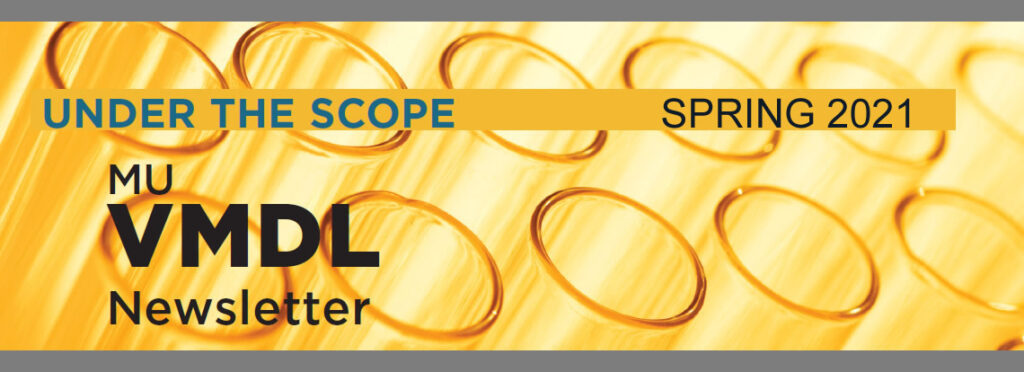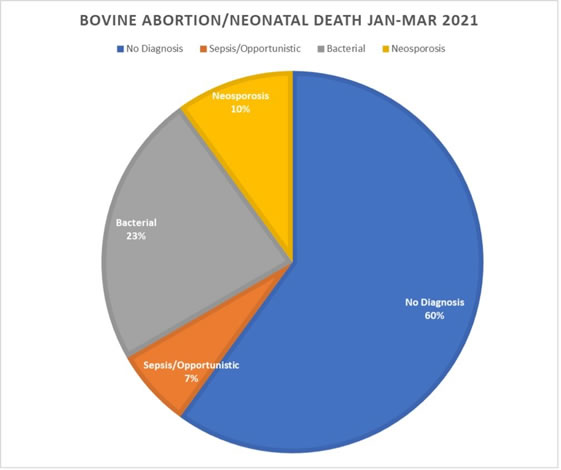
Toxic (and non-toxic) Plant Resources
 Spring is here and many clients will soon acquire new house plants and celebrate holidays with cut flower arrangements. If you have trouble distinguishing a Lilium or Hemerocallis from an Alstroemeria, never fear! This resource can help you and your clients identify potentially toxic (and non-toxic) plants using pictures and searchable lists. https://www.aspca.org/pet-care/animal-poison-control/toxic-and-non-toxic-plants.
Spring is here and many clients will soon acquire new house plants and celebrate holidays with cut flower arrangements. If you have trouble distinguishing a Lilium or Hemerocallis from an Alstroemeria, never fear! This resource can help you and your clients identify potentially toxic (and non-toxic) plants using pictures and searchable lists. https://www.aspca.org/pet-care/animal-poison-control/toxic-and-non-toxic-plants.
Additionally, the Pet Poison Helpline has an educational campaign to increase awareness of lily poisoning among cat owners. Their site has free PDFs, graphics and video available for download and sharing. You can access this free resource here: https://www.petpoisonhelpline.com/veterinarians/free-resources-clinic-clients/no-lilies-for-kitties/.
As always, the MU VMDL Toxicology Section is here to assist you if you suspect an intoxication in one of your patients.
Feline Heartworm Antibody Testing Discontinued
Effective immediately, the MU VMDL will no longer offer feline heartworm antibody testing. We apologize for any inconvenience this may cause. If you have any questions, please feel free to contact the Serology Section.
New Submission Form Update
Thank you to those of you who have been using our redesigned submission forms! If you haven’t been using them, please check them out at /submission-forms/
Since they were released in late January, they have undergone a revision to allow more space for clinical history. You should now have a bunch of lines to type on without the text shrinking – sorry about that! Please feel free to contact us with questions or comments about our submission forms.
Spring 2021 Bovine Abortion/Neonatal Death Summary
Twenty-seven cases of bovine abortion, stillbirth or neonatal death (defined as within the first week of life) presented to the MU VMDL between January 1, 2021 and April 1, 2021. These 27 cases represent the examination of tissues or carcasses of thirty bovine neonates/fetuses.
In 60 percent of cases, no definitive cause of poor reproductive performance was identified. Further details follow the chart.

No Diagnosis:
For 18 of the bovine neonates/fetuses, no definitive cause of poor reproductive performance was identified. In two of these cases, Neospora caninum was identified via laboratory testing, however was of uncertain significance in the individual cases due to the absence of confirmatory test results or characteristic lesions. Nonetheless, identification of Neospora caninum by laboratory testing is likely significant on a herd level.
In one of these cases, an infectious etiology was strongly suspected due to observed lesions, however laboratory testing could not identify an etiology.
Sepsis/Opportunistic:
Two neonatal deaths were included in this category for Q1 2021. Changes suggestive of septicemia were present in the lung, liver and heart of the first case. Enterobacter cloacae and Streptococcus uberis were isolated from the lung at necropsy. Neospora caninum was also identified by PCR, however IHC was negative in the examined sections.
In the second case of neonatal death, a bacterial meningitis was identified at necropsy. Mannheimia haemolytica was isolated on bacterial culture.
It is likely that these cases involved some degree of failure of passive transfer.
Neosporosis:
Neospora caninum was considered the probable cause of abortion in three animals during the reporting period in 2021. In one case (two fetuses), N. caninum was detected in fetal tissues by qPCR. In another case, N. caninum was detected in fetal tissues by qPCR and characteristic lesions were seen on microscopic examination of the brain, placenta, and liver.
Bacterial:
In-utero bacterial infections were considered responsible for abortion or stillbirth in seven fetuses. Organisms isolated included: Trueperella pyogenes (two cases), E-coli (four cases), and Pseudomonas aeruginosa (one case).
Please contact Lauren Delaney, DVM, at delaneyle@missouri.edu with questions or comments about this data summary.
